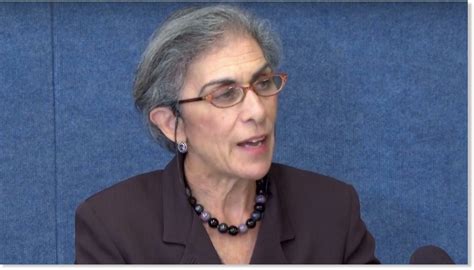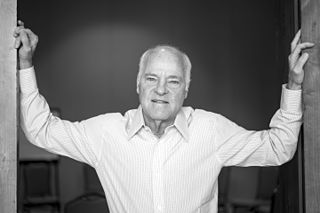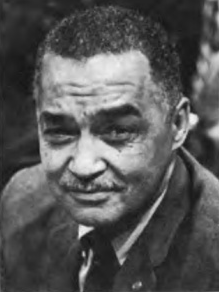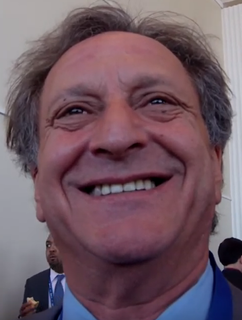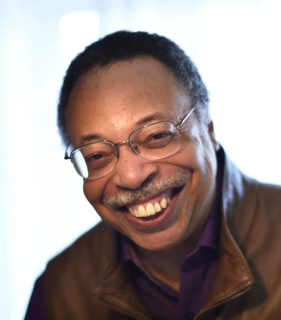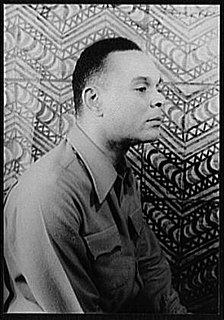Top 1200 Institutional Racism Quotes & Sayings
Explore popular Institutional Racism quotes.
Last updated on April 14, 2025.
The times when black women have been successful in confronting and overcoming the structural and institutional sexism and racism that persists in our society have been when we are thoughtful and strategic about speaking up. It's when we've done what it takes to introduce and implement our ideas and our plans to make things better.
And what is the Republican solution to these outrageous [racial] inequalities? There isn't one. And that's the point. Denying racism is the new racism. To not acknowledge those statistics, to think of that as a 'black problem' and not an American problem. To believe, as a majority of FOX viewers do, that reverse-racism is a bigger problem than racism, that's racist.
For most Black people there is still poverty and desperation. The Ghettos still exist, and the proportion of Blacks in prison is still much greater than Whites. Today, there is less overt racism, but the economic injustices create an "institutional racism" which exists even while more Blacks are in high places, such as Condoleeza Rice in Bush's Administration and Obama running for President.
We have to stop making excuses. One of the things that I'm careful to show is the horrendous effects of institutional and structural racism, but in the end, you can't wait for white man or a Black man to come riding in on a white horse to save you. We have to save ourselves, and that's the lesson of "The African Americans."
I see racism as institutional: the rules are different for me because I'm black. It's not necessarily someone's specific attitude against me; it's just the fact that I, as a black man, have a much harder time making an art-house movie and getting it released than a white person does about their very white point of view. That's racism.
You cannot be responsible for Jim Crow. You can not be responsible for racism. This is much more a problem for the person exercising racism.You are confronted with the reality of racism when you go in the streets, when the eyes of others come upon you. [James] Baldwin goes back with you to all the experiences you went through and gives a name to them, and explains why it is like this.
You should be able to criticize civil servants for what you think is wrongdoing without being painted as a cop-hater. I don't feel the police are all corrupt, however I do feel they are suffering from institutional racism and there needs to be a top-to-bottom examination of the way they practice and the way they criminalize young black and brown males. The fact that they seem to have backed off from it seems to suggest they realize they overreacted on me and it looks bad.
I worked when I was Congress on a second chance act. We have got to do a better job recognizing and correcting the errors in the system that do reflect on institutional bias in criminal justice. But what - what - what Donald Trump and I are saying is let's not have the reflex of assuming the worst of men and women in law enforcement. We truly do believe that law enforcement is not a force for racism or division in our country.
Racism should be viewed as an intervening variable. You give me a set of conditions and I can produce racism in any society. You give me a different set of conditions and I can reduce racism. You give me a situation where there are a sufficient number of social resources so people don't have to compete for those resources, and I will show you a society where racism is held in check.
the solution to racism lies in our ability to see its ubiquity but not to concede its inevitability. It lies in the collective and institutional power to make change, at least as much as with the individual will to change. It also lies in the absolute moral imperative to break the childish, deadly circularity of centuries of blindness to the shimmering brilliance of our common, ordinary humanity.
There is always a very delicate interplay between individual actions and institutional conditions. But there is no such thing as institutional conditions without any individual actions and no such thing as individual action without institutional conditions. So there is always personal responsibility.
Critical Race Theory offers of discrimination frameworks as ways of understanding and eradicating racism. The focus on "discrimination" as the way to understand racism in the US has meant that racism is considered a question of discriminatory intentions - whether or not somebody intentionally left someone out or did something harmful because of their biased feelings about a person's race. This focus on individual racists with bad ideas hides the reality that racism exists wherever conditions of racialized maldistribution exist.
We always talk about how, obviously, there is still very in-your-face aggressive racism. But there's a lot of passive racism that, in the moment, you don't even realize is racist. You chalk it up as a strange interaction you had, and then you look at the context of it later on and realize the root of it was racism.
White privilege is the other side of racism. Unless we name it, we are in danger of wallowing in guilt or moral outrage with no idea of how to move beyond them. It is often easier to deplore racism and its effects than to take responsibility for the privileges some of us receive as a result of it... Once we understand how white privilege operates, we can begin to take steps to dismantle it on both a personal and institutional level.
The way racism works in Canada, it's very subtle. You may feel you're a victim of racism or have experienced racism, but you can't necessarily prove it - unless you get a [white] friend to go check out that rental, go check out that job, whatever. Unless you're willing to really dig to prove you're a victim of racism, it might be difficult to do that. And so what you're dealing with then is feeling, it's emotion.
Another response to racism has been the establishment of unlearning racism workshops, which are often led by white women. These workshops are important, yet they tend to focus primarily on cathartic individual psychological personal prejudice without stressing the need for corresponding change in political commitment and action. A woman who attends an unlearning racism workshop and learns to acknowledge that she is racist is no less a threat than one who does not. Acknowledgment of racism is significant when it leads to transformation.
If one lives in a country where racism is held valid and practiced in all ways of life eventually, no matter whether one is a racist or a victim, one comes to feel the absurdity of life....Racism generated from whites is first of all absurd. Racism creates absurdity among blacks as a defense mechanism.










